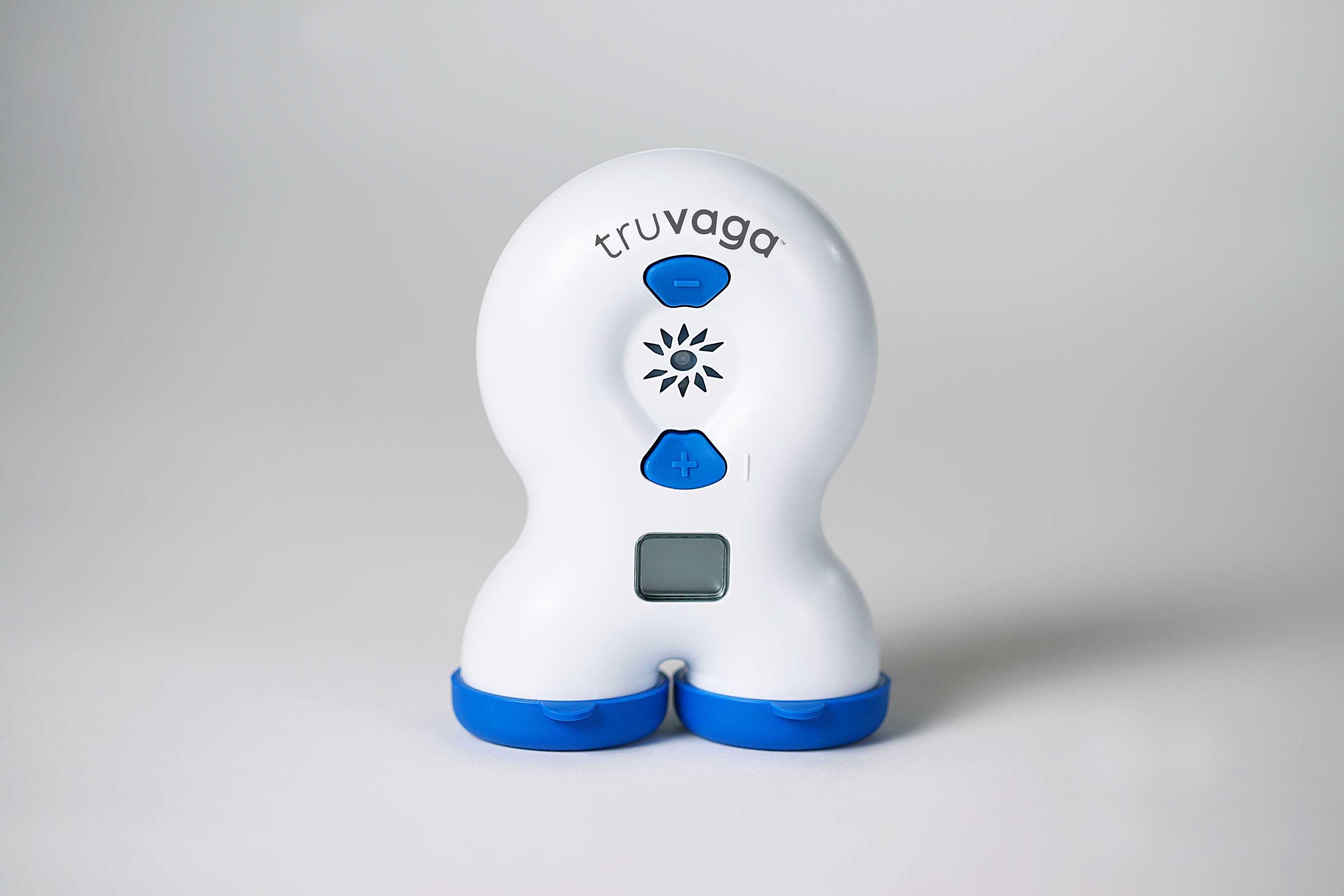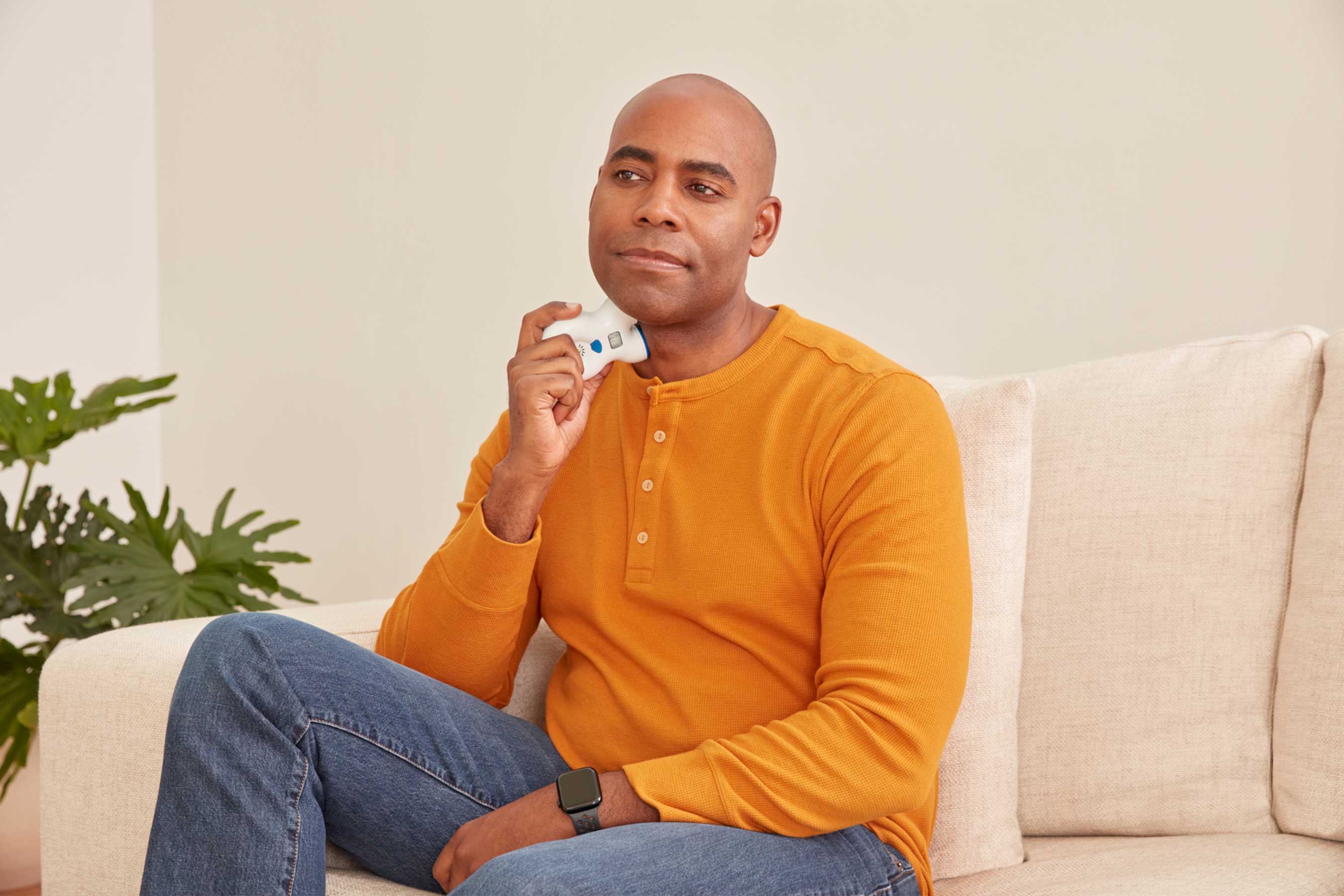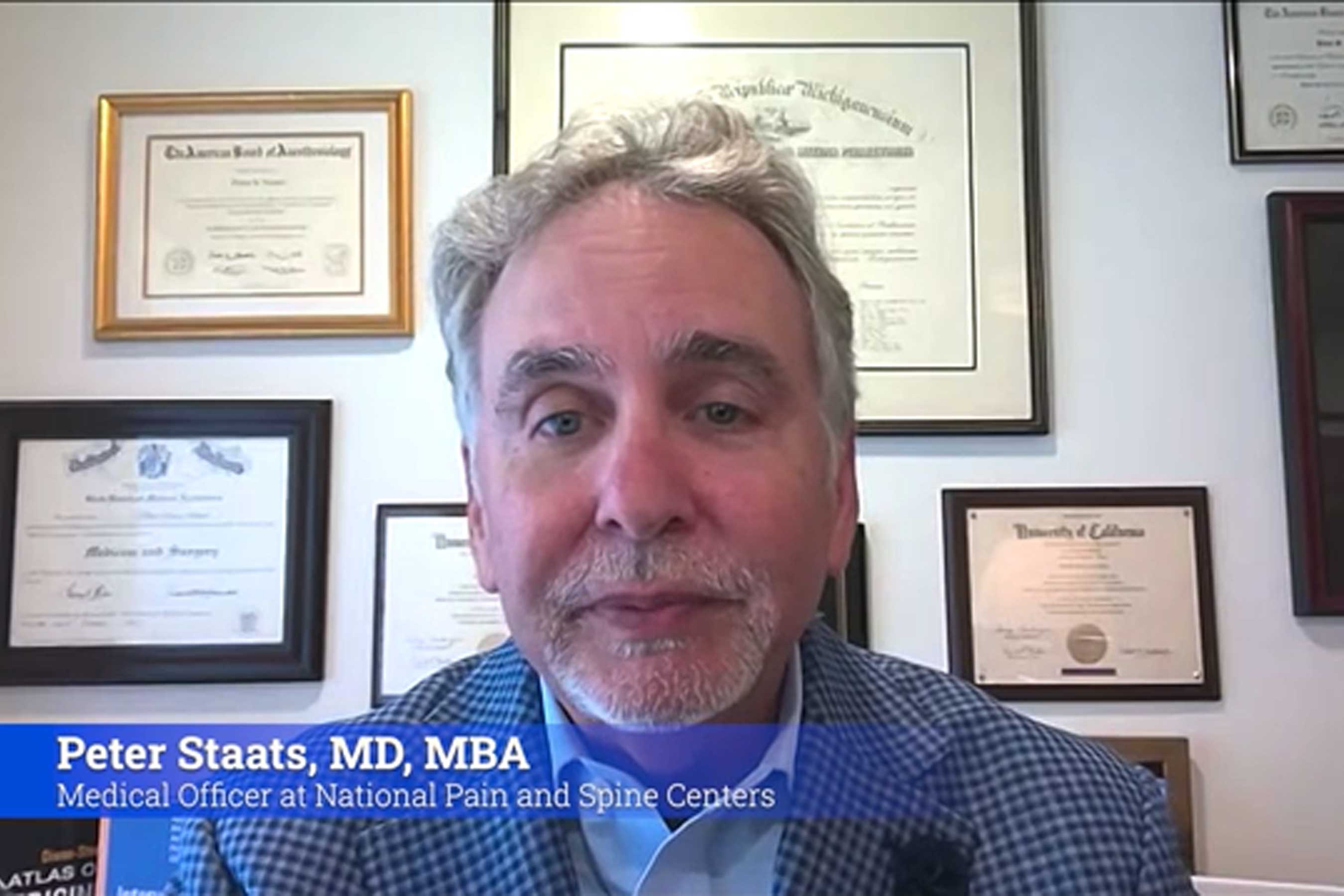THE SCIENCE BEHIND OUR STRESS
LEARN HOW TO ACTIVELY REDUCE STRESS THROUGH STIMULATION OF THE VAGUS NERVE
BACKGROUND:
Ask any American if they are currently living with stress and the answer would likely be a resounding YES. Everybody agrees that stress makes life less enjoyable, and it isn’t hard to see how it might even be a cause of racing thoughts, upset stomach, or sleep disruption. But did you know that chronic stress could lead to more serious medical problems like heart attacks, chronic pain, auto-immune diseases and even cancer? Modern medical research is proving that these are conditions that every one of us will ultimately experience if we don’t take some very important steps to manage stress.
BREAKING DOWN STRESS
- The tell-tale signs of extreme stress - a fast heartbeat, shallow breathing, sweating and tightness in your stomach are controlled by a part of the nervous system called the autonomic nervous system, or ANS.
- The ANS has two sides that usually work in opposition to one another referred to as the sympathetic and parasympathetic arms. The autonomic features of the stress response are mediated by the sympathetic arm, which is sometimes called the fight, flight or freeze response because they are the bodily changes needed to enable you to defend yourself, run away from danger or freeze in total panic.
- The other arm of the ANS, the parasympathetic, is the rest, digest, relax and restore mode. In this state, your body slows down, heals and returns to homeostasis where everything is copacetic.
- If the sympathetic arm is driving the autonomic response to danger, sympathetic activation also drives an immune response. This immune response is pro-inflammatory, activating cells of the innate immune system to produce chemicals that trigger inflammation.
- A balanced cycle between stress and relaxation is healthy for all living creatures. However, things start to go off the rails when the cycle breaks down because stress becomes chronic, and the parasympathetic arm never has time to switch fully back on.
- To combat this natural phenomenon, electroCore has created Truvaga, an easy-to-use, handheld vagus nerve stimulator that sends electric signals below the skin that calm the vagus nerve and restore it to its resting mode. In turn, the body transitions out of the fight-or-flight response that triggers both physical and mental symptoms, returning the parasympathetic nervous system to its standard activities.
Peter Staats, MD, MBA, Chief Medical Officer at electroCore, shares the science behind our stress and how to get it under control using noninvasive vagus nerve stimulation. He discusses the importance of stress management and shares some easy ways – including vagus nerve stimulation, or VNS that will help reduce stress in your life and potentially prevent long-term conditions.
For more information, please visit www.truvaga.com
MORE ABOUT DR. PETER STAATS:
Dr. Staats, a co-founder of electroCore, served on the board of directors of electroCore between 2000 and 2018. He was the founder of the Division of Pain Medicine at Johns Hopkins University, where he was the director for 10 years. Dr. Staats received his medical degree from the University of Michigan Medical School in Ann Arbor and completed his residency and fellowship training at the Johns Hopkins University School of Medicine. Society. He is currently President elect of World Institute of Pain and continues to serve as Chief Medical Officer for National Spine and Pain Centers, the largest pain practice in the United States. Dr. Staats has written or co-edited 10 books and over 400 articles, abstracts, monographs, and book chapters on pain medicine in publications that include the Journal of the American Medicine Association (JAMA)Pain, Anesthesiology, the lancet and the Journal of Clinical Oncology. His work has been highlighted on Good Morning America, CBS Evening News, Newsweek, and CNN. He has lectured extensively nationally and internationally. He has received numerous awards including physician of the year from the New York, New Jersey, and West Virginia branches of the American Society of Interventional Pain Physicians; Best Doctors in America, Top Doctors, and New Jersey Top Doctor; the Raj Award for Excellence from the American Society of Interventional Pain Physicians (ASIPP)and lifetime achievement awards from NYNJSIPP, ASIPP, and the North American Neuromodulation Society (NANS).
Produced for: electroCore




